Why 'The Prince of Egypt' is the Best Animated Movie Ever
Thoughts on Dreamwork's bold, spiritual vision to step out of Disney's shadow
1998 saw the world of animation come to a profound crossroads. For the previous sixty years, Walt Disney Pictures — which had effectively heralded the medium to popular audiences with 1937’s Snow White and the Seven Dwarfs — had held a creative monopoly on the art form. The films in the studio’s vault speak to just how singular Disney was in animation, from Fantasia and Peter Pan to Bambi and Dumbo; from Cinderella and Sleeping Beauty to Beauty and the Beast and The Little Mermaid. For over half a century, no one, not one single studio or animation house, came close to rivaling the House of Mouse.
Then came Pixar. With the release of 1995’s Toy Story, the little studio that could leapt beyond the confines of traditional cel animation and released the first computer-generated animated film. Pixar expanded what it meant to be an animated film.
Hollywood scrambled to integrate Pixar’s computers into their existing projects. CGI itself had been available and used throughout the 90s, but now animation houses were left with the realization that the stories that could be told had multiplied tenfold. Plus, the audiences responded with their wallets in historic ways to Toy Story. Some studios held firm to cel animation, valuing the storied tradition of the last half century, while others threw the baby out with the bathwater in pursuit of the newest “fad.” By 1998, the question became: what path would Hollywood take? Traditional or computer?
All of this is prologue to 1998’s The Prince of Egypt. Produced and conceived by Steven Spielberg for his newly formed production company DreamWorks, this animated take on the Book of Exodus exists at the crossroads in the history of animation; at the moment the baton was passed. Primarily hand-drawn while using computer animation to enhance the grandeur of the more divine aspects of the story, Prince of Egypt’s artistry makes the film feel timeless.
I watched the film (no pun intended) religiously as a child. My mother can attest that the tale of Moses always resonated with me, even as a kid. In fact, I went as Moses for Halloween for several years in a row, armed with replica Ten Commandments that I would throw down from the top of the stairs! Growing up, the Broadway-caliber songs and Sunday School lessons kept me watching. As time has passed, I have returned to the movie yearly around the Easter and Passover seasons like it is some spiritual well in the desert. Every time I have drawn for water, I find myself refreshed, inspired, and increasingly moved.
The most sure-fire sign of a good movie is that you enjoy it every time you watch; the sign of a great one is that it gets better with age. Many can claim to be good, but few can truly be called great. And, frankly, no other animated movie deserves that title more than The Prince of Egypt.
There are a myriad of factors that I can rattle off the top of my head for why I believe this film is above and beyond any movie of its kind: the artistry, the show-stopping songs by Wicked’s Stephen Schwartz and its companion score composed by a never-better Hans Zimmer, and the cast. Oh, the cast! Just read off these names and try not to be impressed: the late Val Kilmer, Ralph Fiennes, Michelle Pfeiffer, Sandra Bullock, Jeff Goldblum, Danny Glover, Brian Stokes Mitchell, Patrick Stewart, Helen Mirren, Steven Martin, and Martin Short. It’s hard not to audibly say, “Wow.”
But what interests me most is not any of those elements, although they are part and parcel of the film’s enduring appeal. Rather, it’s what the movie says. The score, visuals, and cast are how the movie says it; but what the movie says is unlike anything any other mainstream Hollywood movie has attempted to say. The audience gets its first glimpse into what that is with its first image: a simple title card that appears over the first notes of Zimmer’s lush and dramatic score.
Prince of Egypt is bookended with disclaimers of faith. Exceedingly rare for Hollywood. Before the movie even begins, the title card does three things: It acknowledges the religious traditions influenced by this film (Judaism, Christianity, and Islam), recognizes the story’s integrity to those traditions, and promises to honor them in good faith while ensuring the movie itself is as entertaining as possible for wider audiences. Such a mission statement is rare in movies, even more so regarding movies that explore religion.
On the other end of the picture, after the closing credits, it simply ends with three verses of scripture from the three Abrahamic texts:
Now, being palms up, as a practicing Christian, this resonates with me more than it does audience members who do not believe in the Abrahamic God or any deity for that matter. I also fully recognize that this affects my perception of the movie. But the power of the movie is that it goes beyond my faith or the faith of over half the world’s population. There is a reading of this film that is noticeably secular but deeply human. The film’s songwriter Stephen Schwartz (Wicked, Godspell, Pippin) has been quoted as saying that early in its conception, Spielberg said the movie was to be “a brother story.” To quote Schwartz:
It was Steven who said that he wanted it told as the story of [Rameses and Moses] who grow up together, who love each other, two young men of privilege, and then their destinies take them in the direction where they become antagonists; [a] ‘can their love overcome that?’ kind of thing.
Prince of Egypt explores the nature of faith through the story of two brothers. In doing so, the film humanizes the divine, makes the metaphysical physical, and transforms a Sunday School story into relatable familial drama — but it does so without belittling or mocking the faith! If one has religion, it’s a reminder of the power of faith in oppressive, tumultuous times. If one has no faith tradition, it’s a character study of two men whose paths put them in conflict with each other. It’s empathetic and sincere in exploring both ideas, distinguishing itself as an animated movie with truly universal appeal.
Such thematic bravery is rare in animated fare, especially in Western filmmaking. Hayao Miyazaki’s films such as Spirted Away and My Neighbor Totoro, as well as other Japanese animated fares like Grave of the Fireflies, stand out in contrast to most American productions because they are not afraid to be adult in the subject matter. Prince of Egypt follows in that tradition.
Inherent in the book of Exodus is also the theme of freedom. Enslaved by the Egyptians for generations, Moses’s quest to liberate the Jewish people from tyranny and lead them to the Promised Land has been a defining text for Jews through the ages as well as other oppressed groups, including the enslaved in the Antebellum South. It teaches believers that through faith we find freedom; that hope is often the greatest tool we have against oppression. Just read the lyrics for the film’s Oscar-winning mega-hit, “When You Believe.”
It should be no surprise that Spielberg wanted to tell this story as one of the first projects for DreamWorks. The mature themes of this animated film are made more evident if Prince of Egypt is viewed in the tradition of his own 1993 classic Schindler’s List and the acclaimed stage musical Fiddler on the Roof. In these texts, we see the theme of Jewish (and human) resilience. In a heated moment between Moses and his blood brother Aaron, Moses spells this out plainly:
Pharaoh has the power. He can take away your food, your home, your freedom. He can take away your sons and daughters. With one word, Pharaoh can take away your very lives. But there is one thing he cannot take away from you: your faith. Believe, for we will see God's wonders.
What other movies dare explore these ancient themes so successfully without being alienating? What other films dare to do so in what has historically been accused of being simply a children’s medium of storytelling? There’s no denying that it’s odd to say an animated kids movie about the book of Exodus (possibly the second most retold story in scripture) is some profound text of faith and brotherhood, but it is. It really is.
This ancient, human tale and its universal themes of faith, brotherhood, and resilience are heightened by the craftsmanship. All good storytellers serve the narrative at hand. What makes the visual and musical language of the film so evocative, and so unique in the pantheon of animation is that it is striving to be worthy of something bigger than all of us. Yes, this is my faith talking, but knowing the people behind this production I do not think this is a stretch to make these claims. In aspiring towards the greatest good and truth made known to us mere mortals, we can go further than we would without it in our sight.
The Prince of Egypt aspires for the divine, appeals to the masses, and lands firmly on its feet leaps and bounds beyond all of its predecessors, contemporaries, and successors. With Prince of Egypt, Hollywood has done His wonders.
P.S. — If you want a great ambiance video to play while grinding away at your 9 to 5, I highly recommend this one:
Reader, what do you think? Do you think there’s a case for ‘The Prince of Egypt’ being the best animated movie of all time? If not, what do you think is? Let us know in the comments below!



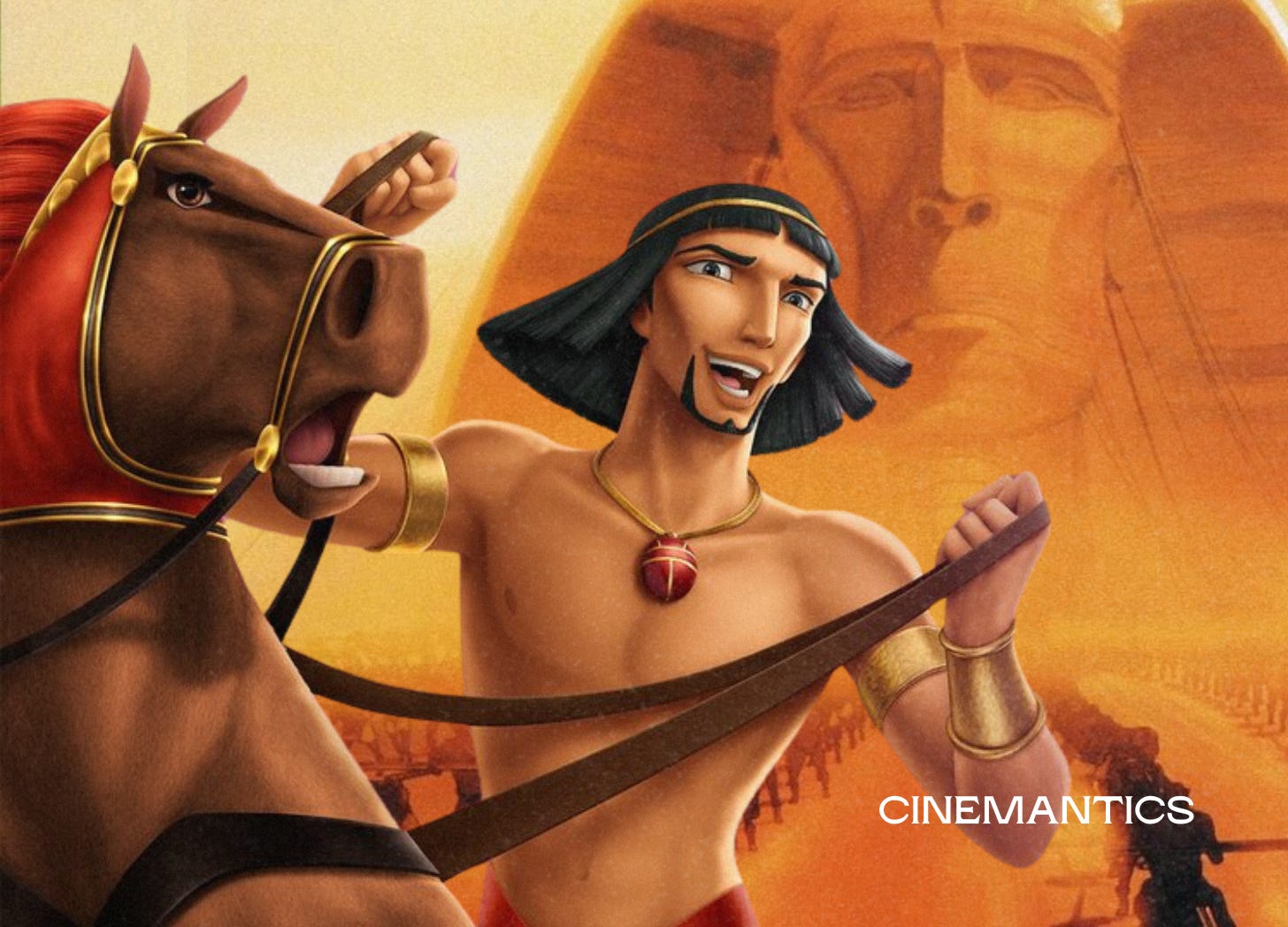
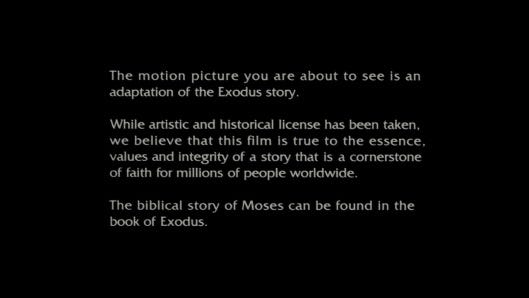
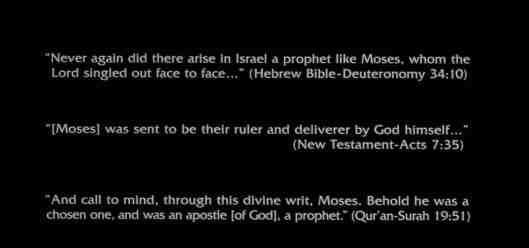
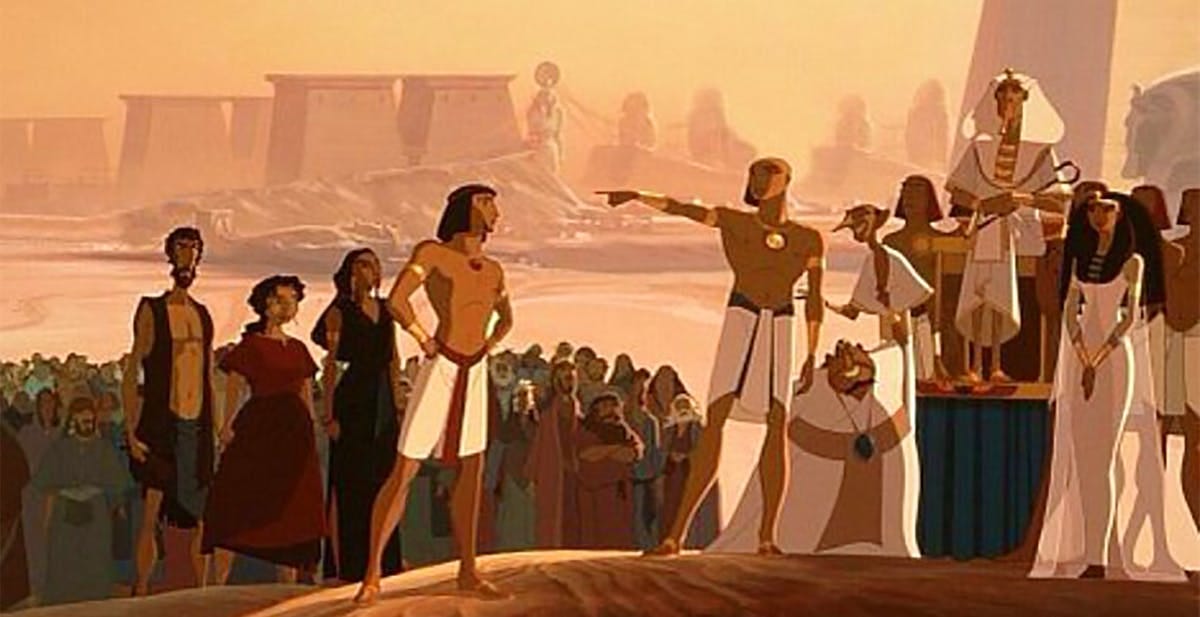
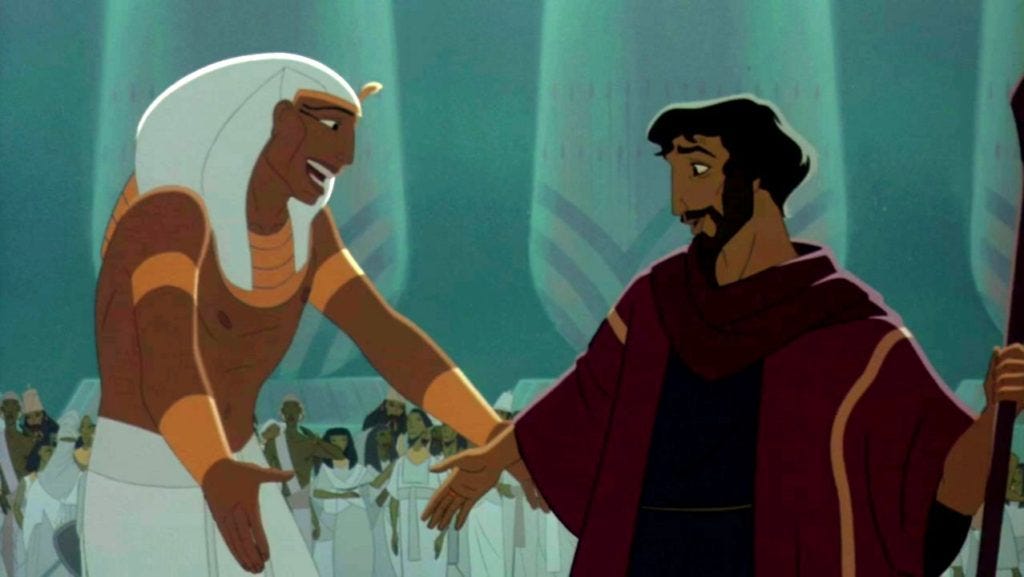
Beautifully written Tyler! I shed a few tears… no one can take away our faith!
I agree it is a story of deliverance / freedom but the power of the story of Moses / Israelites is meant to point one to the story of Jesus who frees believers from their sin - not by the blood of sacrificed animals but by His own blood shed on the cross. He is the ultimate Deliverer / Prophet.